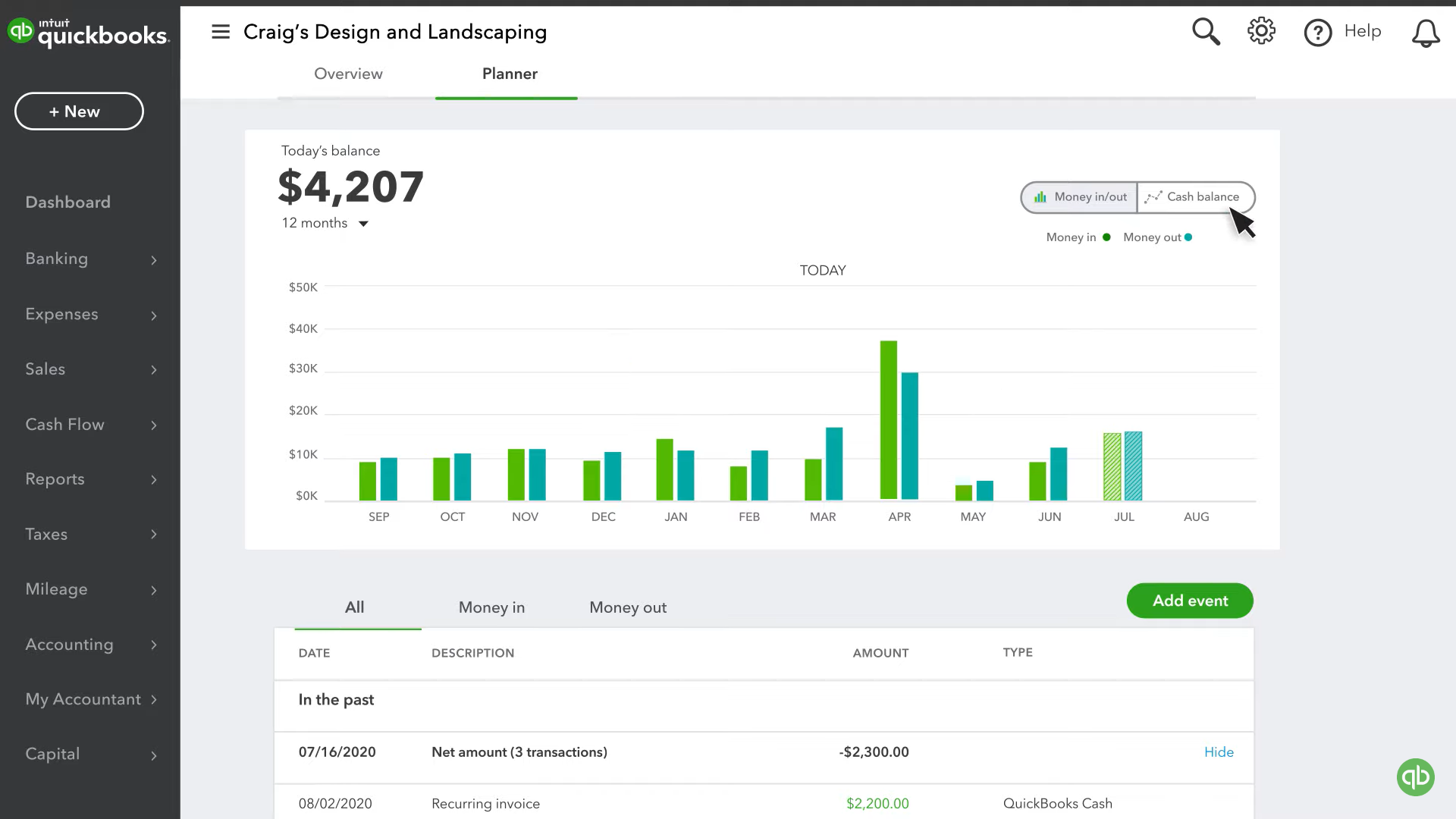Cash Flow Management Tools: A Business’s Lifeline
Cash flow management is vital for any business. It’s like the air we breathe – without it, we simply can’t survive. Cash flow management tools are like the oxygen tanks that keep us going, providing us with the visibility and control we need to make informed decisions about our finances. In this article, we’ll delve into the different types of cash flow management tools available and how they can help your business thrive.
Types of Cash Flow Management Tools
Let’s dive right into the specifics. When it comes to cash flow management tools, you have a few options to choose from:
- **Spreadsheets:** The trusty spreadsheet, a digital Swiss Army knife for many businesses. It’s flexible, customizable, and widely accessible, making it a popular choice for tracking cash flow. But let’s be real, it can also be a bit clunky and prone to human error.
- **Accounting Software:** Accounting software is like a sophisticated financial GPS, providing a comprehensive view of your cash flow. It automates many tasks, such as invoice tracking and expense categorization, saving you time and reducing errors. However, it can be more expensive and complex to use than spreadsheets.
- **Business Intelligence (BI) Tools:** BI tools are the data wizards of cash flow management. They analyze your financial data, uncovering trends and insights to help you make better decisions. They’re like having a financial crystal ball, giving you a glimpse into future cash flow scenarios.
Now that we’ve covered the basics, let’s zoom in on accounting software and BI tools.
Accounting Software: The Cash Flow Navigator
Accounting software has become an indispensable tool for businesses looking to gain a clear picture of their cash flow. It’s like having a financial compass, guiding you through the ups and downs of your business. Here are some of the key features of accounting software:
- Transaction Tracking: It tracks every penny that comes in and goes out, giving you a real-time view of your cash flow.
- Reporting and Analysis: Accounting software provides detailed reports and analysis, helping you identify trends and patterns in your cash flow.
- Budgeting and Forecasting: It helps you create budgets and forecasts, so you can plan for the future and avoid surprises.
- Collaboration and Integration: Many accounting software programs allow for collaboration and integration with other business systems, streamlining your financial processes.
Investing in accounting software can be a game-changer for businesses that want to take control of their cash flow. It’s like hiring a financial co-pilot, helping you navigate the complexities of your finances with confidence.
Business Intelligence (BI) Tools: The Financial Seer
BI tools are the ultimate secret weapon for businesses that want to gain a competitive edge in cash flow management. Think of them as financial detectives, uncovering hidden insights and patterns in your data. Here’s what BI tools can do for you:
- Data Analysis: BI tools analyze vast amounts of financial data, revealing trends, patterns, and anomalies that might otherwise go unnoticed.
- Predictive Analytics: They use predictive analytics to forecast future cash flow scenarios, helping you make informed decisions and prepare for potential risks or opportunities.
- Visualization and Dashboards: BI tools present data in visually appealing dashboards, making it easy to understand and interpret complex financial information.
- Scenario Planning: They allow you to create different scenarios and see how they impact your cash flow, empowering you to make better decisions.
BI tools are like having a financial crystal ball, giving you the power to see into the future of your cash flow. With this knowledge, you can make strategic decisions that drive growth, profitability, and financial stability.
Cash Flow Management Tools: Essential Tools for a Healthy Financial Future
In the financial world, cash is king. A business’s ability to generate, manage, and track its cash flow is essential for its success. Cash flow management tools can help businesses gain a clear understanding of their financial situation and make informed decisions about their future.
There are a number of different cash flow management tools available on the market. Some of the most popular include:
- QuickBooks
- NetSuite
- Xero
- Sage Intacct
- Microsoft Dynamics GP
These tools can help businesses track their income and expenses, create budgets, and forecast cash flow. They can also help businesses identify areas where they can improve their cash flow. By using a cash flow management tool, businesses can gain a better understanding of their financial situation and make informed decisions about their future.
Features to Look for in a Cash Flow Management Tool
When choosing a cash flow management tool, businesses should look for features such as:
- The ability to track and analyze cash flow from multiple sources
- The ability to create custom reports and dashboards
- The ability to integrate with other business systems
- The ability to track cash flow in multiple currencies
- The ability to create cash flow projections
By using a cash flow management tool, businesses can gain a clearer understanding of their financial situation and make informed decisions about their future.
Benefits of Using a Cash Flow Management Tool
There are many benefits to using a cash flow management tool, including:
- Improved financial visibility
- Better decision-making
- Reduced risk of financial distress
- Increased profitability
By using a cash flow management tool, businesses can gain a number of benefits, including improved financial visibility, better decision-making, reduced risk of financial distress, and increased profitability.
